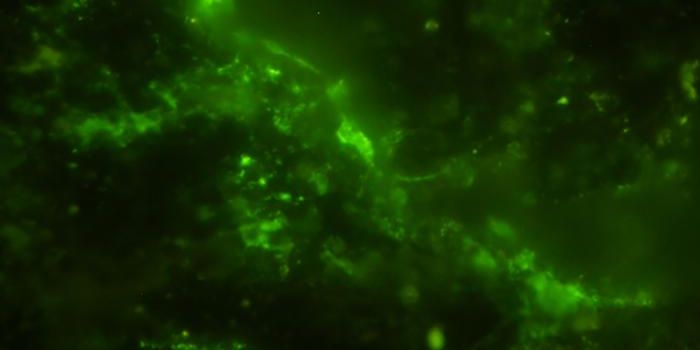Sex in Space Could Pose Concerns for Future Space Tourism
A green paper that was recently presented at the Space Tourism Conference 2023 emphasizes both the commercial and biological risks of human conception in space and stresses that open dialogue must occur to help mitigate these risks as space tourism continues to ramp up in the coming years. The researchers stress that one of the reasons behind this is that space tourists will exhibit far different behaviors than traditional astronauts who are trained professionals typically conducting scientific missions while in space.
“Our starting point was a throwaway comment about sex in space, but when we checked, we were surprised the sector has not openly considered the risks and this led to the study,” said Dr. David Cullen, who is a Professor of Astrobiology & Space Biotechnology at Cranfield University, and lead author of the study.
The biological risks the researchers pose specifically pertain to embryo development within the microgravity environment of space, while the commercial risks include litigation and liability concerns for the space tourism company sponsoring the tourists, which could result in damaging the company’s reputation.
While debate on these topics took place at the recent conference, the researchers stressed the importance of ongoing dialogue involving all relevant space tourism stakeholders, to include companies and future tourists.
“The sociological and cultural aspects are fascinating to consider, given the approaching shift from well-trained professional and private astronauts to true ‘space tourists’,” said Dr. Alex Layendecker, who is Director of the Astrosexological Research Institute, and a co-author on the study. “That shift will encapsulate changes in motivations, social interactions, and behavioural norms, the impacts of which we need to take seriously.”
This comes as companies like SpaceX are increasing the number of civilian flights to the International Space Station while the latter could be in its final years of operation.
How will space tourism cope with the impacts of human conception in space in the coming years and decades? Only time will tell, and this is why we science!
Sources: Zenodo, Cranfield University
As always, keep doing science & keep looking up!









